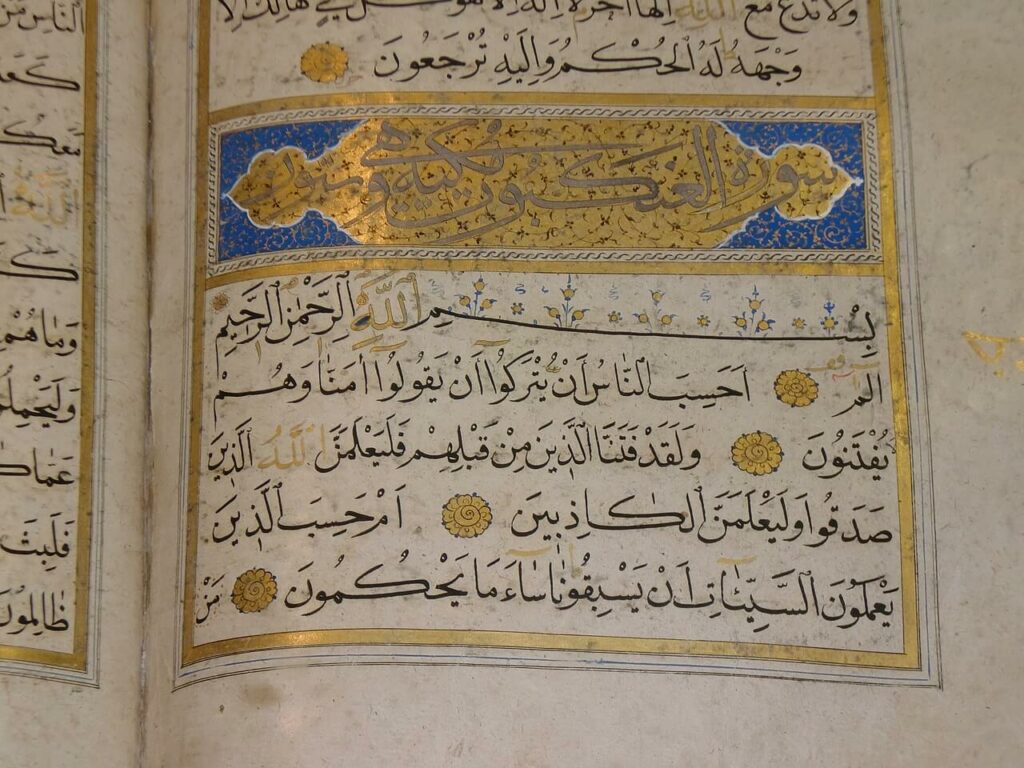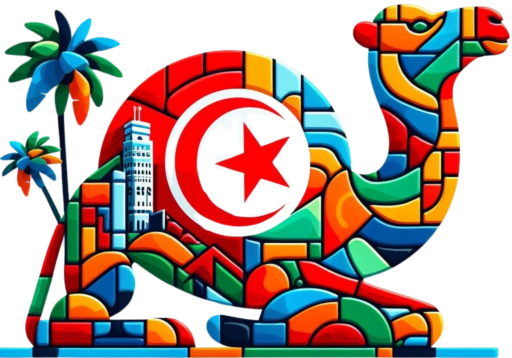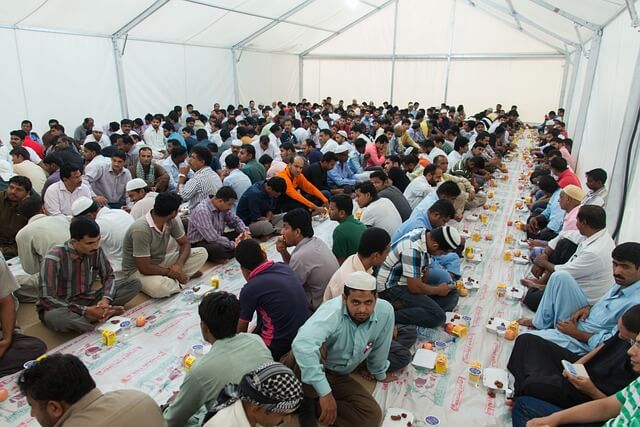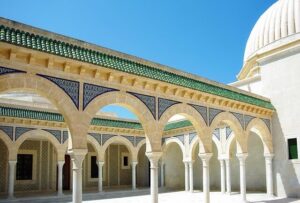Ramadan 2025: Dates, Period, and Significance of the Holy Month
The Ramadan 2025 is one of the most anticipated events for the Muslim community worldwide. It is a sacred month dedicated to prayer, fasting, and spiritual reflection. The importance of this period goes beyond religion, also influencing cultural and social aspects. The Ramadan 2025 period is expected to officially begin around sunset on March 28, 2025, ending with the celebration of Eid al-Fitr on April 28, 2025, based on moon sighting. In this article, we will explore the important dates, main traditions, and the significance of Ramadan, with a special focus on celebrations in Tunisia and around the world.
Significance of Ramadan
Ramadan is the ninth month of the Islamic calendar and one of the most important for Muslims. It is considered a period of spiritual purification, where daytime fasting allows believers to get closer to Allah through discipline and prayer.
Ramadan is not just a time of physical deprivation from food and drink but also an opportunity to strengthen community bonds and practice acts of charity. During this month, Muslims reflect on their behaviors, striving for self-improvement.
- Fasting (sawm) begins at dawn and ends with iftar, the evening meal after sunset.
- In many Muslim countries, mosques organize special prayer sessions called Tarawih.
- Giving to the needy (zakat al-fitr) is an essential component of Ramadan.
Dates and Period of Ramadan 2025
The Ramadan 2025 will begin on the evening of March 28, 2025, with the sighting of the crescent moon marking the first day of the holy month. Ramadan will end at sunset on April 28, 2025, followed by the important celebration of Eid al-Fitr.
Ramadan 2025 Calendar
Moon sighting is essential to establish the exact dates of Ramadan. Here is a summary of the Ramadan 2025 period:
- Start: Friday, March 28, 2025 (after sunset).
- Duration: 30 days.
- End: Monday, April 28, 2025 (sunset).
Ramadan follows the lunar calendar, which is about 11 days shorter than the Gregorian calendar. As a result, Ramadan falls in a different period each year.
Ramadan Traditions and Observances
During Ramadan, daytime fasting is the most well-known practice, but it is not the only one. Numerous traditions make this month a unique period for Muslim communities.
Key Elements:
1. Sawm: The obligatory fast from dawn to sunset, which includes abstaining from food, drinks, and immoral behaviors.
2. Iftar: The evening meal, which often begins with dates and water, followed by traditional dishes.
3. Tarawih: The nightly prayers, recited communally in mosques after iftar.
These practices help believers focus on spirituality, setting aside the distractions of daily life. Besides religious observances, Ramadan fosters a deeper connection among community members through moments of sharing.
How Ramadan is Celebrated in Tunisia
In Tunisia, Ramadan is celebrated with great participation. During Ramadan 2025, daily life changes significantly to accommodate the religious and cultural needs of the holy month.
Changes in Daily Routine
Markets fill up in the morning with people buying fresh ingredients for iftar meals. Sunset is a sacred moment when families gather to break the fast with traditional Tunisian dishes like brik and harira.
Community Sharing
It is common to see local organizations, mosques, and generous individuals offering free meals to the less fortunate. This emphasizes the importance of zakat (charity) during Ramadan.
- Traditional dish: Chorba (traditional Tunisian soup).
- Custom: Preparation of Tunisian sweets such as makroudh and bambalouni.
- Tradition: Community prayers followed by religious chants.
Curiosities and Impacts of Ramadan
Variety of Traditions
Each Muslim country celebrates Ramadan in its own way. While some customs are common, such as fasting, other details of the celebrations vary and reflect the unique culture of the place.
Economic and Social Impacts
Ramadan also affects the economy: markets adjust to meet the demand for traditional foods, while many restaurants modify their hours to align with the month’s rhythm.
The Ramadan 2025 will be an important occasion for millions of Muslims worldwide, characterized by spirituality, sharing, and reflection. The Ramadan 2025 dates, from March 28 to April 28, mark a special period for fasting and participating in cultural traditions that make this month unique. With its celebrations and deep spiritual connection, Ramadan continues to be one of the most significant religious observances in the world.
To learn more about Ramadan and the Islamic lunar calendar, visit Islamicity.org.
Here is a short video on the topic.






